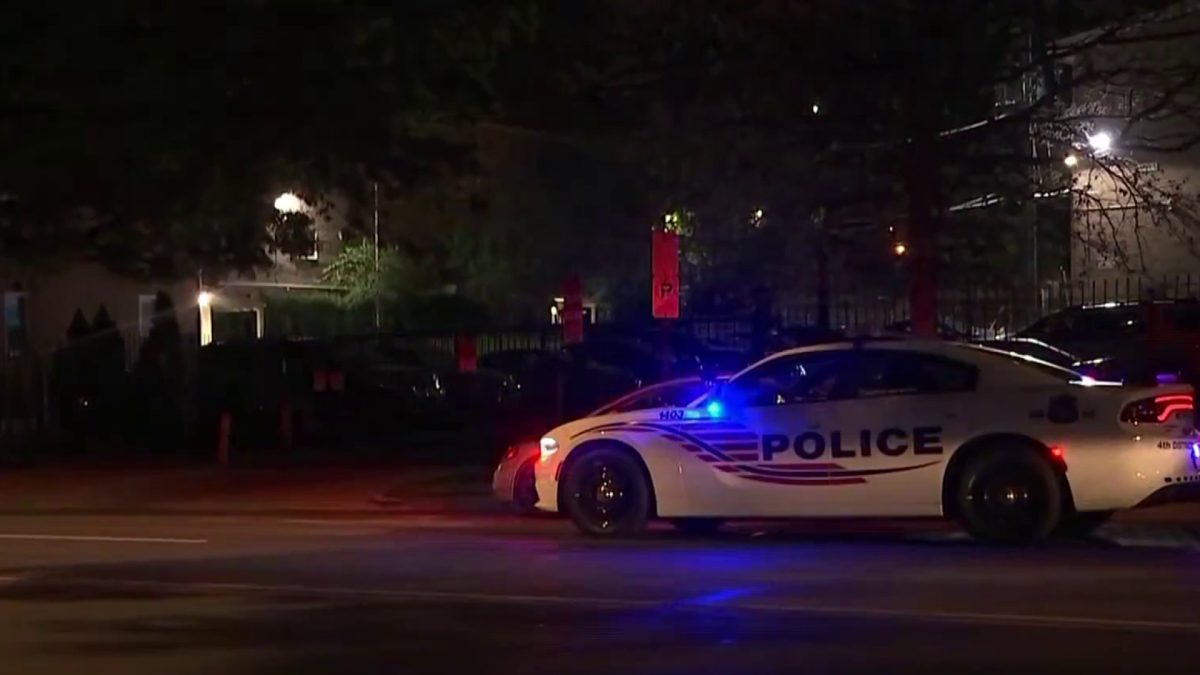A bill sparked by the 2014 murders of two toddlers could now have new implications in light of a disturbing child pornography case in Prince George's County, Maryland.
The child protective bill was discussed Thursday by Maryland legislators .
News4's Darcy Spencer reports the legislation would require health care providers and others to report serious threats made against children to social services.
It stems from the case of Sonya Spoon, who was indicted in October of 2014 on two counts of first-degree murder after admitting she suffocated her children, 1-year-old Ayden Spoon and 3-year-old Kayla Thompson. Spoon, of Cheverly, allegedly killed her kids just days after being released from a hospital where she had a psychiatric evaluation and threatened to kill the children.
"Twelve kids in two years is something I think that ought to be regarded as an emergency," Prince George's County State's Attorney Angela Aslobrooks said.
The bill treats threats the same as actual harm of a child. In the case of Spoon, that intervention may have resulted in the mother or even the children being removed from the home.
"We took care of the mother in that instance, got her the mental health treatment she needed and forgot to go home and make sure the children were also safe," Alsobrooks said.
Local
Washington, D.C., Maryland and Virginia local news, events and information
In addition to health care providers, Alsobrooks said the bill should require educators to report incidents like the case of Deonte Carraway, a former school aide who is charged with taking video and sexually abusing kids inside a Prince George's County elementary school.
"We'll have to work through the language to make sure it also applies in a case like Carraway's," Alsobrooks said.
Lawmakers introduced the legislation to close a loophole in Maryland law to make sure threats are reported to child protective services and investigated within 24 hours.
This is the second year the legislation has been introduced and advocates are hoping it will pass this year.



